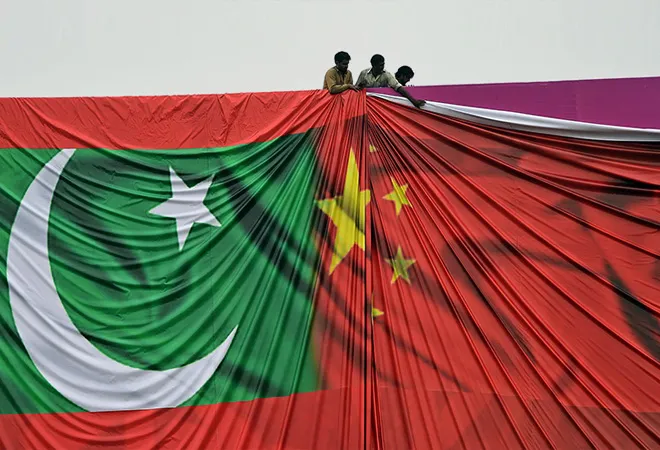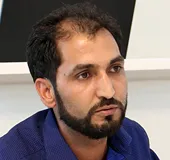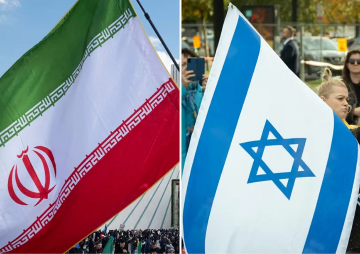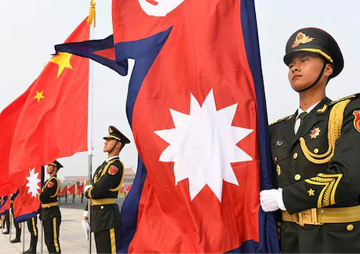
The timelines of the China Pakistan Economic Corridor (CPEC), the flagship programme under China’s ambitious Belt and Road Initiative (BRI), is facing hurdles in Pakistan. Owing to certain differences on some of the agenda items, the unexpected deferment of the crucial 10th meeting of CPEC’s Joint Cooperation Committee (JCC) has made China halt work on some aspects of the CPEC.
Co-chaired by Pakistan’s minister for planning and development and chairman of China’s National Development and Reforms Commission (NDRC), the JCC is highest decision-making body on CPEC projects. The reasons for the adjournment of the JCC meeting are believed to be disagreements between the two countries on the future roadmap for industrial cooperation and also on the Industrial Parks and Special Economic Zones (SEZs) earmarked under the CPEC.
Chinese officials have demanded deferment of some agenda items and have stalled the JCC meeting.
According to Asim Ayub, the project director of the CPEC Industrial Cooperation, the Board of Investment (BOI), Islamabad, forwarded the draft of the proposed industrial cooperation in April 2020. However, it was received with a lukewarm response by the Chinese. The Chinese officials have demanded deferment of some agenda items and have stalled the JCC meeting. The much-hyped CPEC made progress in the first four years. However, after 2018, political fragility, increased insurgency in Baluchistan and other areas, corruption and economic recession in Pakistan has decelerated the progress on nearly all the CPEC projects.
Political fragility and corruption
Beijing has sought to invest over US$62 billion in infrastructure and energy projects in Pakistan through the CPEC. The Chinese Communist Party (CCP) has maintained that these investments will bring political stability and economic resilience to Pakistan, and help Beijing secure its domestic energy supplies.
According to Chinese officials, the CPEC will create around 2.3 million jobs in Pakistan by 2030 and will provide an alternative pathway for exports and energy imports from West Asia to China, linking China’s western provinces to key global sea lanes through Pakistan’s Gwadar port. However, political fragility, increased interference of security agencies and the army establishment in the matters of civilian administration and even CPEC projects have made Beijing rethink on the CPEC’s outcomes.
The calling card of criticising the CPEC is being held by all the major opposition parties in Pakistan, which have come together under the umbrella of Pakistan Democratic Movement.
Over the past seven years, the CPEC has also been abused as a political tool by the opposition parties in Pakistan to serve their ends. It may be recalled that before being elected to form the national government, the Imran Khan-led PTI was a staunch critic of the CPEC. Now the calling card of criticising the CPEC is being held by all the major opposition parties, which have come together under the umbrella of Pakistan Democratic Movement (PDM) alliance against Prime Minister Imran Khan.
In 2018, the World Bank had cautioned the participating countries in the BRI projects about the impending debt risks, stranded infrastructure, social risks, and corruption. All these risks propounded by the World Bank seem to be coming true for the CPEC, which has been marred in recent years by continuing the political instability and growing interference of the all-powerful military establishment, especially after the alleged rigged elections in favour of Imran Khan.
The active and retired top brass of the Pakistan army, who have been appointed on crucial positions on the CPEC projects, have allegedly amassed huge wealth by mishandling the project funds.
A puppet of the army establishment, the Imran Khan-led PTI government has refused to investigate the corruption charges in the CPEC projects, which ironically was included by Imran Khan in his party’s election manifesto. The active and retired top brass of the army, who have been appointed on crucial positions on the CPEC projects, have allegedly amassed huge wealth by mishandling the project funds.
Former army official Lt. Gen. Asim Saleem Bajwa, who is chairman of the CPEC Authority, was also appointed to head the Prime Minister’s media management team. In August 2020, according to a news report, Asim Bajwaa massed tonnes of undisclosed wealth during his tenure as the chief of the CPEC Authority and acquired offshore assets with his wife and brother.
Despite protests, Bajwa refused to step down from the post of the chairman of the CPEC Authority though he resigned from the post of Imran’s media management team. Chinese officials expect that about 80 percent of investments in the CPEC is lost to corruption and this leakage is difficult to avoid.
Beijing has also used corruption to its advantage by exploiting the growing socio-economic weaknesses of Pakistan and other participant countries.
Furthermore, the inflow of Chinese investments has worsened the corruption in private-public partnerships and in the realms of privatisation due to bad governance and conflicting roles played by the civilian government and the army establishment. At times, Beijing has also used corruption to its advantage by exploiting the growing socio-economic weaknesses of Pakistan and other participant countries.
Increased insurgency
Growing corruption, promises of jobs not materialising, rampant exploitation of natural resources and increased Chinese presence have triggered anti-state insurgency among the people of Baluchistan, who have been pushed to the margins of economy. Additionally, Pakistan has resorted to similar tactics as adopted by China against the Uyghur minorities in its Xinjiang province to quell insurgency and extremism in Baluchistan.
Pakistan has washed its hands off the worsening security situation in Baluchistan and instead accused New Delhi of sabotaging its economic partnership with China.
The Baluchistan Liberation Army (BLA) has intensified its demands for Baloch independence, blaming Beijing for exploiting and making the province more volatile. It has also accused China of being Pakistan’s “partner in crime.” Pakistan has washed its hands off the worsening security situation in Baluchistan and instead accused New Delhi of sabotaging its economic partnership with China and blamed India for planned destabilisation of Pakistan.
According to reports of the Pakistani army, Indian agencies were specifically targeting Chinese development projects of the CPEC and “sponsored” 700 people to harm CPEC projects. Such claims made by the Pak army have made the Chinese even more cautious of their investments. Global Times, the CCP mouthpiece, wrote, “Beijing will keep a close eye on how the issue unfolds in the future.”
The ML-1 project is the costliest project of the CPEC, with 90 percent finances made available by the Chinese.
The abovementioned factors have forced the CCP to halt some of the CPEC projects. For example, the Imran government has cleared US$ 6.8 billion for the Mainline-1 (ML-1) rail upgrade to double the speed of trains on 6 August 2020. The ML-1 project is the costliest project of the CPEC, with 90 percent finances made available by the Chinese.
However, Beijing has been reluctant to make progress on ML-1 rail upgrade agreement till date. Same is the case with industrial cooperation where the Chinese are sceptical, given the situation in Pakistan. The bonhomie between China and Pakistan will face more troubles in the coming months, especially given the bad economic situation because of Covid-19 and the political environment in Pakistan.
This essay originally appeared in ORF South Asia Weekly.
The views expressed above belong to the author(s). ORF research and analyses now available on Telegram! Click here to access our curated content — blogs, longforms and interviews.




 PREV
PREV


